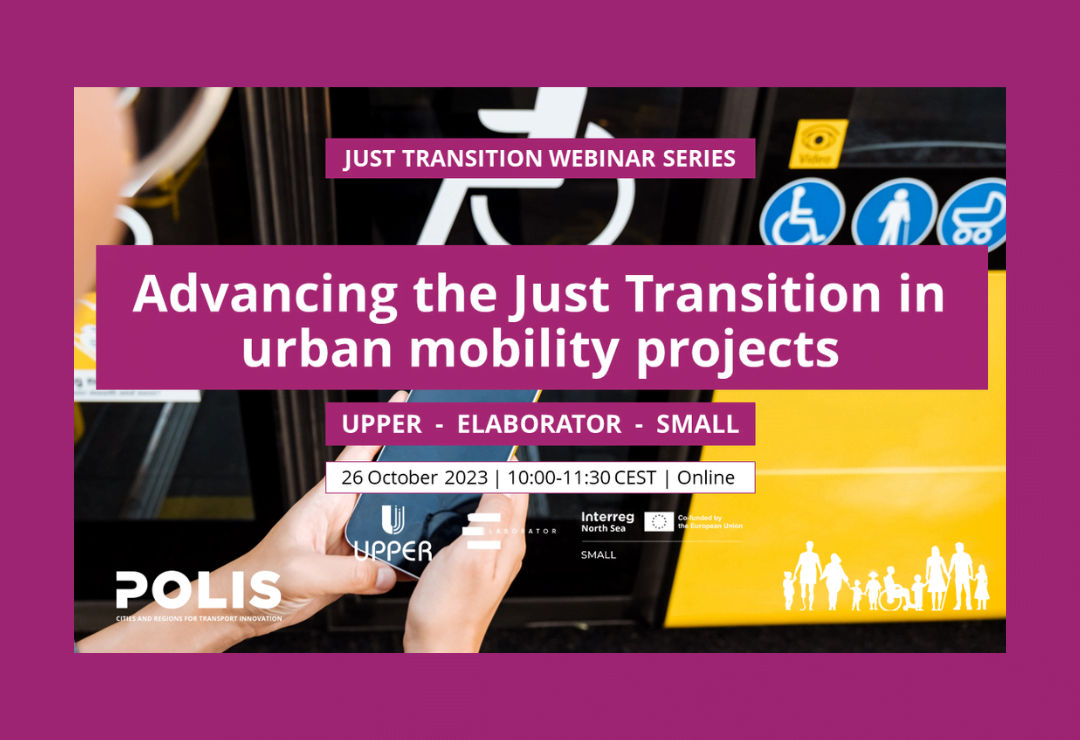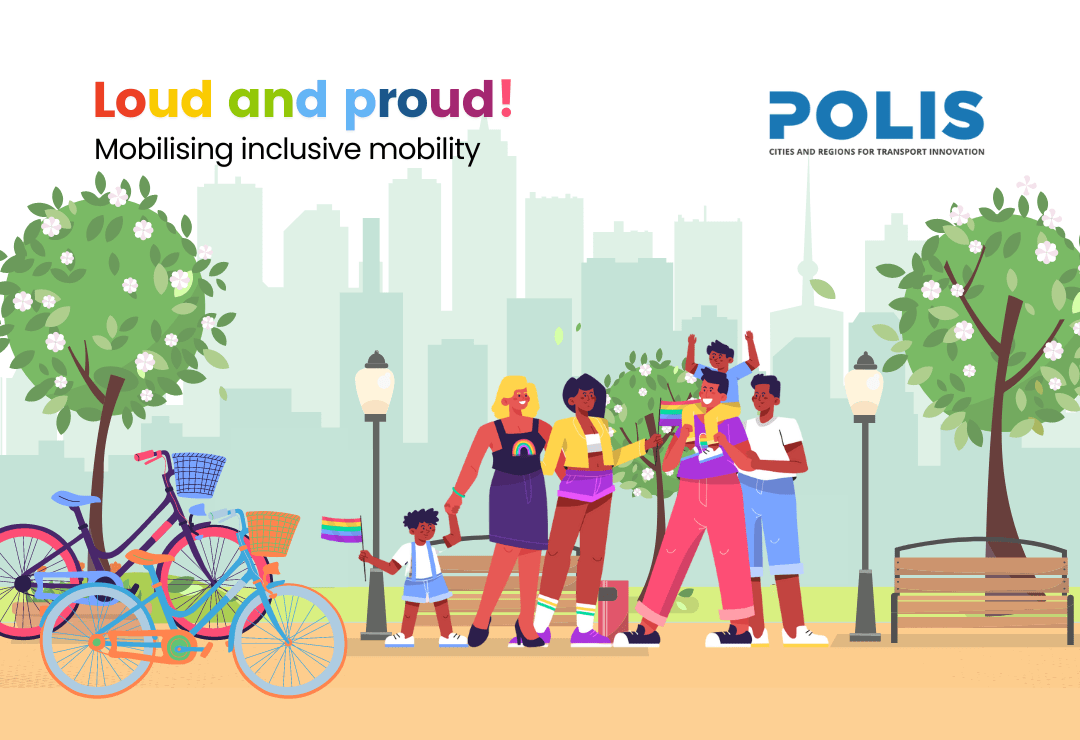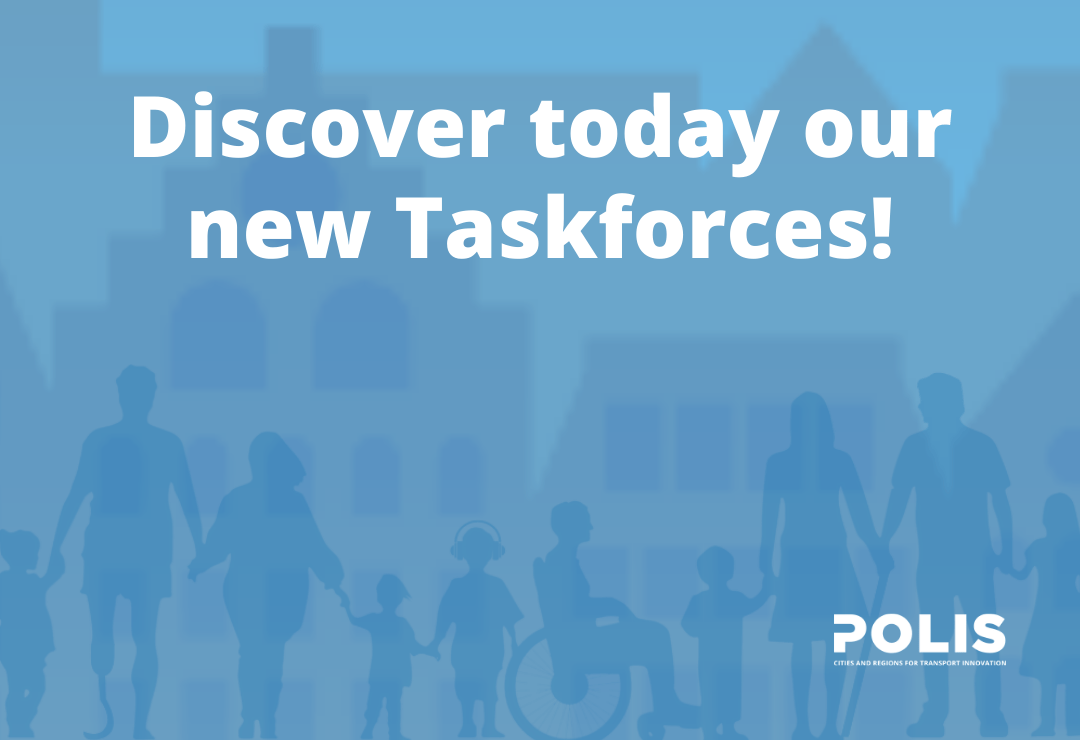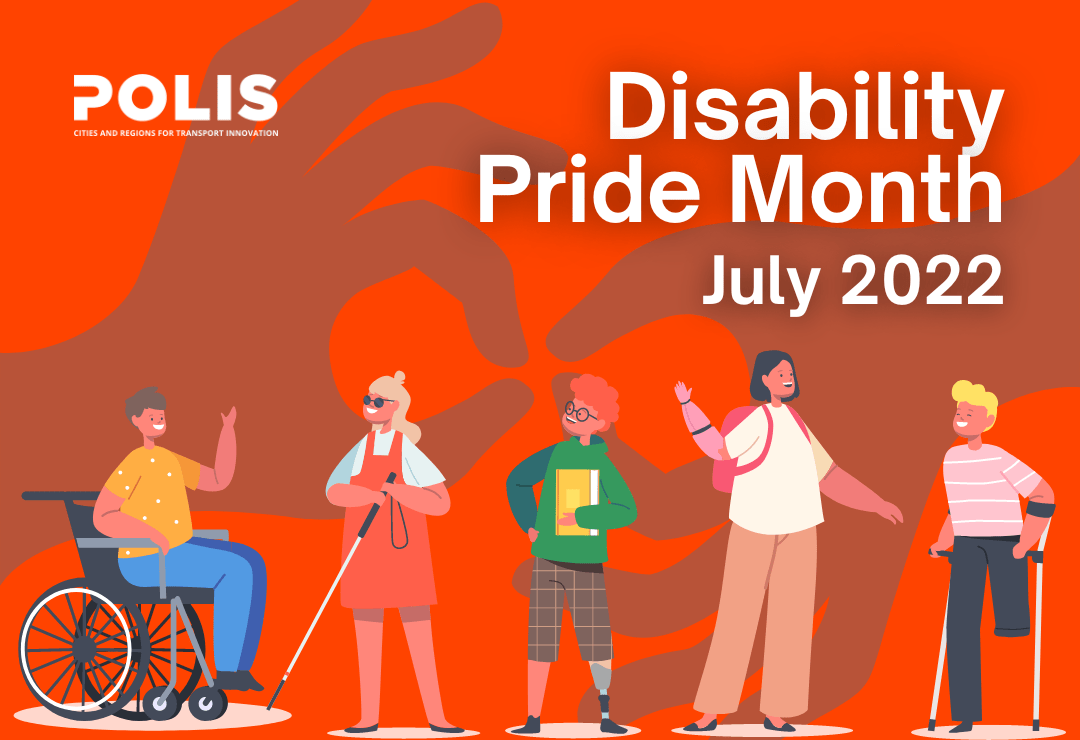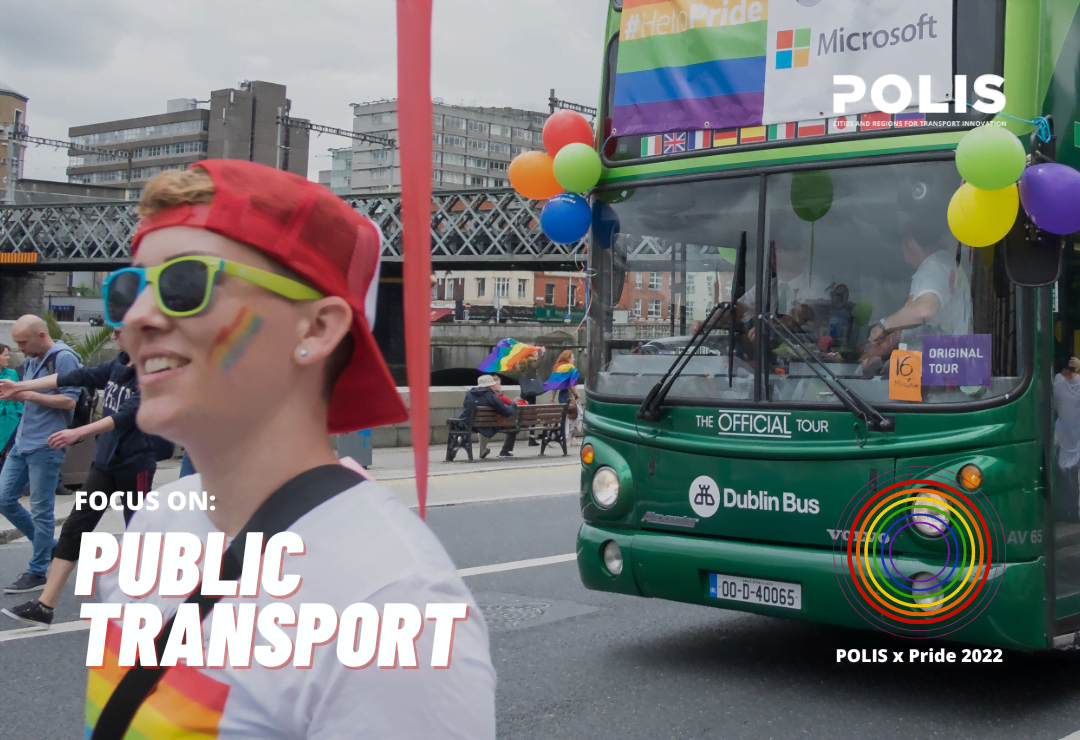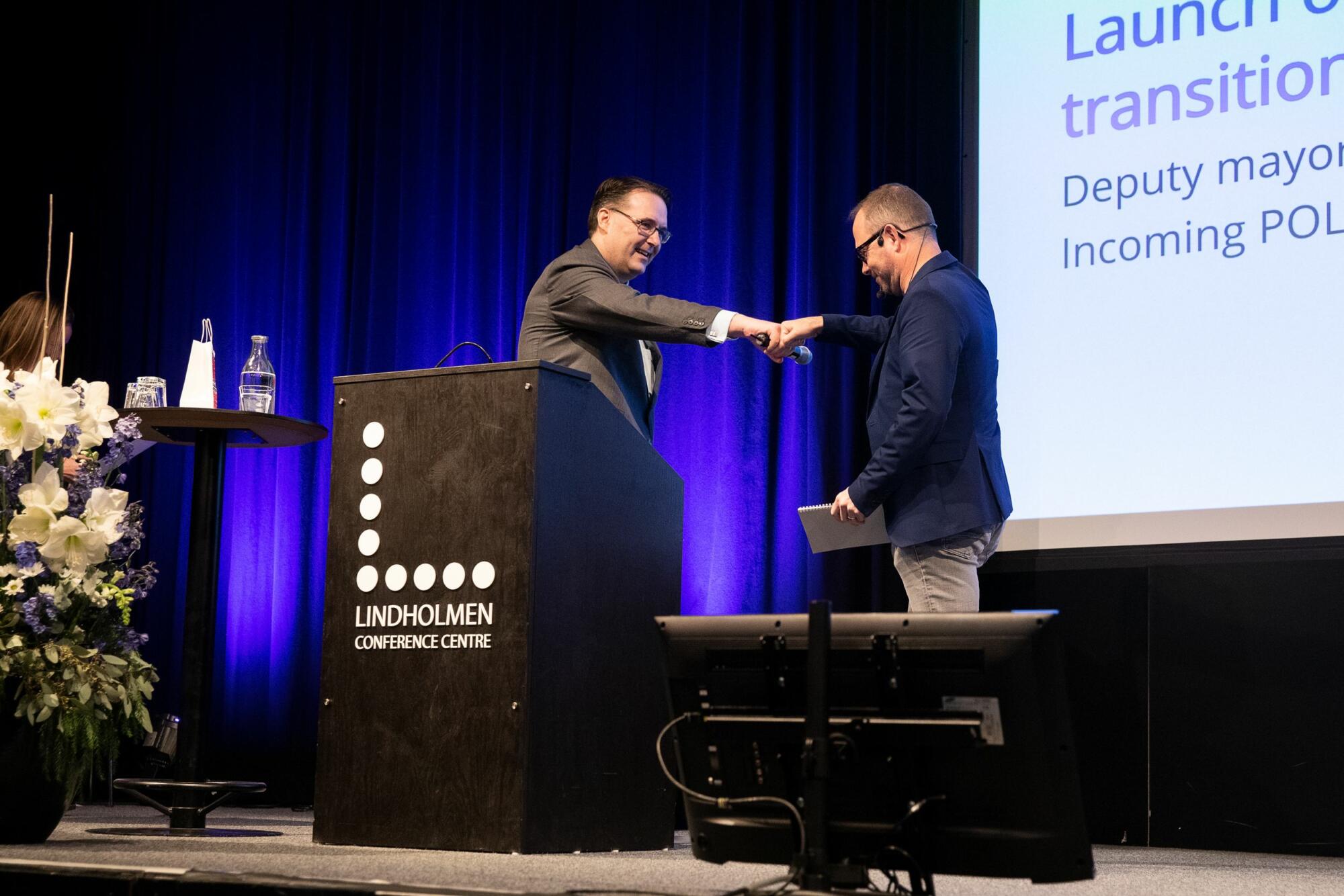Just Transition Agenda for Urban Mobility
Urban mobility has to change substantively, to become cleaner and more resilient. But for this change to be socially and politically viable, we have to ensure a just transition, and also make urban mobility more affordable, safe, and inclusive.
At the POLIS Conference 2021 in Gothenburg, POLIS is launching a document on what is needed to achieve a just transition in urban mobility.
The mobility shift raises important questions, which we must address, discuss, and deal with. Ignoring these issues will generate resistance, delay, block the shift or, worse still, make us end up with a system that is decarbonised but highly unfair.
The Just Transition Agenda will guide POLIS' networking, capacity-building and advocacy activities in the years to come.
Read the full document here.
Recent working group activities
Gender
- Gender and leadership: https://www.polisnetwork.eu/news/gender-equality-and-leadership-mobilising-real-change/
- Safety of women on public transport: https://www.polisnetwork.eu/news/public-transport-lab-addresses-sexual-harassment-on-public-transport/
Impacts on human resources
- Human resources for freight: https://www.polisnetwork.eu/news/the-next-generation-of-urban-freight-can-we-deliver-the-skills/
- Human resources for Traffic management: https://www.polisnetwork.eu/news/securing-the-skills-human-resources-for-traffic-management/
- Gig-Work & Platform Deliveries – implications for Road Safety: Safety & Security Working Group: Gig-worker safety and platform delivery | polisnetwork.civi-go.net (In upcoming issue of Thinking Cities)
Public Transport Lab
- Creating inclusive transit: POLIS Public Transport Lab explores: https://www.polisnetwork.eu/news/creating-inclusive-transit-polis-public-transport-lab-explores/
- Public transport and covid-19: https://www.polisnetwork.eu/news/public-transport-lab-kicks-off-with-a-bang/
Safety & security working group
- Security of Public Transport Facilities: an effective approach: https://www.polisnetwork.eu/news/security-of-public-transport-facilities-an-effective-approach/
- Safety & Security Working Group meets to discuss capacity building for road safety: https://www.polisnetwork.eu/news/safety-security-working-group-meets-to-discuss-capacity-building-for-road-safety/
Active travel
- Walkability: A walk through walkability - POLIS Network
Access and Clean Vehicles working groups
- Electrifying the Curb: POLIS discusses the future of EV charging: https://polisnetwork.civi-go.net/working-groups/working-group-clean-vehicles-and-air-quality/news/electrifying-curb-polis-discusses
Recent activities within EU-funded projects:
- eCHARGE4DRIVERS: eCharge4Drivers works to improve the Electric-Vehicle charging experience in urban areas and on interurban corridors, making it more convenient for users to go green. https://echarge4drivers.eu/
- GECKO: GECKO facilitates the definition of regulatory schemes enabling the implementation of disruptive technologies and business models in transport systems. https://h2020-gecko.eu/
- INCLUSION: INCLUSION aimed to address a number of challenges related to the accessibility of public transport in remote urban and rural areas. http://www.h2020-inclusion.eu/
- INDIMO: The INDIMO project aims to extend the benefits of digitally interconnected transport systems to people that currently face barriers in using or accessing such solutions. https://www.indimoproject.eu/
- LEVITATE: LEVITATE is building tools to help European cities, regions and national governments prepare for a future with increasing levels of automated vehicles in passenger cars, urban transport services and urban logistics. LEVITATE stands for ‘Societal Level Impacts of Connected and Automated Vehicles’. https://levitate-project.eu/
- MORE: MORE develops design concepts that encourage street activity and reduce traffic dominance by considering the needs of all road users. https://www.roadspace.eu
- REVEAL: The goal of ReVeAL is to add Urban Vehicle Access Regulations (UVAR) to the standard range of urban mobility transition approaches of cities across Europe. www.civitas-reveal.eu
- SUNRISE: The SUNRISE mission is to develop, implement, assess and facilitate co-learning about new, collaborative ways to address common urban mobility challenges at the urban district level through “neighbourhood mobility labs” and thus to lay the foundation for a Sustainable Neighbourhood Mobility Planning concept. www.civitas-sunrise.eu
- WE-TRANSFORM: EU-funded project addressing the impacts of transport automation on the workforce. https://wetransform-project.eu/

